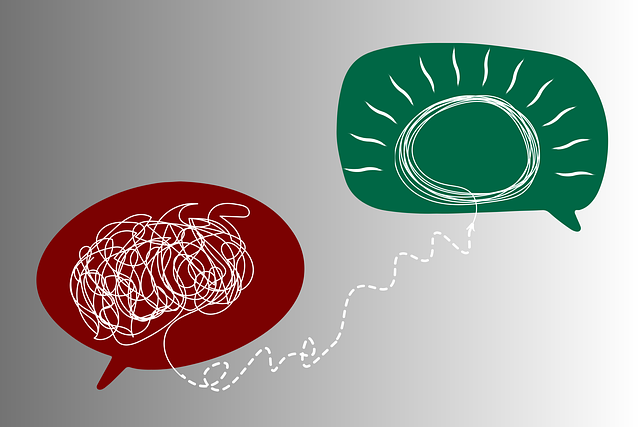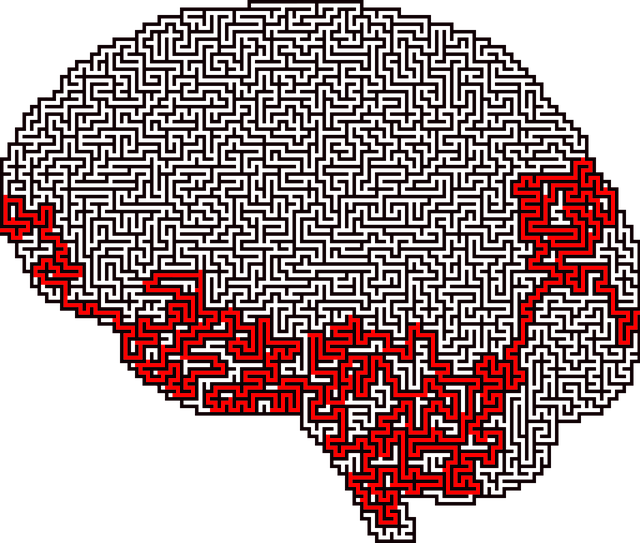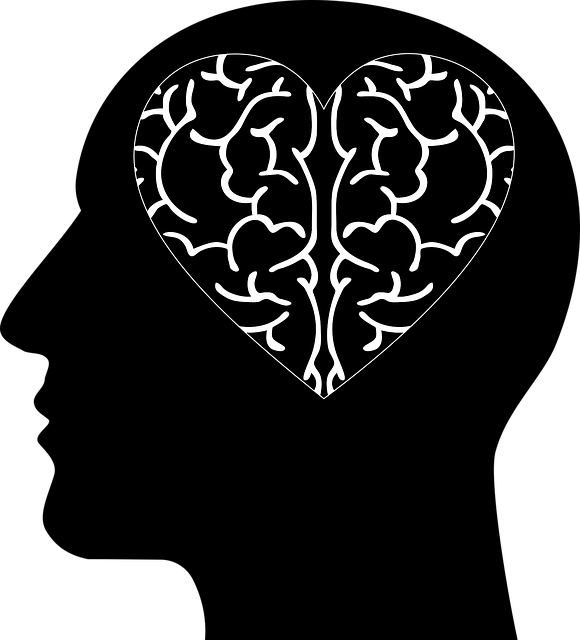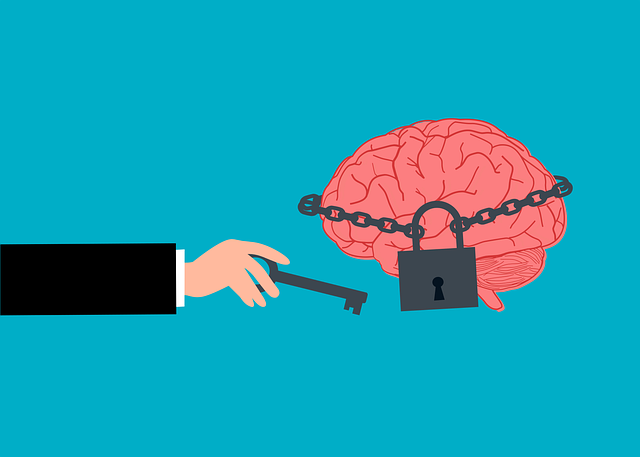The stigma surrounding mental illness, especially chronic pain conditions, significantly hinders access to care in Longmont. Mental health professionals combat this by creating supportive spaces, promoting self-care, and teaching communication skills, normalizing therapy as a strength-building process. Longmont Chronic Pain Therapy clinics lead efforts through workshops, educating the public on mental health demystification and holistic approaches. Education, awareness campaigns, and community engagement are key to reducing stigma, with policy advocacy driving equitable access to care. Tailored therapeutic models integrate mental health services into primary care, empowering individuals to manage their well-being proactively.
Mental illness stigma is a pervasive barrier to seeking help, yet reduction efforts are gaining momentum. This article explores strategies to combat the devastating impact of mental health stigma, focusing on challenging stereotypes, educating communities, and supporting individuals through therapeutic approaches and community engagement. By examining these key areas, we aim to illuminate paths toward a more understanding and supportive society for those grappling with mental illness, including those seeking Longmont Chronic Pain Therapy.
- Understanding the Impact of Stigma on Mental Health
- Strategies for Challenging Stereotypes and Misconceptions
- The Role of Education and Awareness Campaigns
- Supporting Individuals: Therapeutic Approaches and Community Engagement
Understanding the Impact of Stigma on Mental Health

Stigma surrounding mental illness can have profound effects on individuals’ well-being and their willingness to seek help. It often leads to feelings of isolation, embarrassment, and fear of judgment, discouraging people from openly discussing their struggles. This internalized shame can intensify symptoms, making it challenging for those suffering from conditions like chronic pain to access the necessary support and treatment. For instance, individuals in Longmont seeking Chronic Pain Therapy might be deterred by the fear of being misjudged or labeled, hindering their progress towards recovery.
Understanding these impacts is crucial for mental health professionals who play a vital role in fighting stigma. By incorporating strategies like comprehensive risk assessments, promoting self-care practices, and teaching effective communication skills, they can create safer spaces for patients to heal. These efforts not only facilitate the healing process but also contribute to a more inclusive society where seeking therapy is viewed as a sign of strength rather than a source of embarrassment.
Strategies for Challenging Stereotypes and Misconceptions

Mental illness stigma reduction requires direct challenges to stereotypes and misconceptions that have persisted for too long. Education is a powerful tool in this regard, as it helps demystify mental health conditions by providing accurate information about their causes, symptoms, and treatments. Longmont Chronic Pain Therapy clinics can play a significant role by offering workshops, seminars, and open discussions aimed at both the general public and mental health professionals. These platforms can dispel myths surrounding specific disorders, such as assuming all individuals with depression are sad or that chronic pain patients are lazy.
Additionally, incorporating practices like mindfulness meditation into therapy sessions not only aids in mood management but also sends a positive message about holistic approaches to mental wellness. Encouraging open conversations and sharing diverse patient stories can further challenge preconceived notions. For mental health professionals, Risk Management Planning can be enhanced by integrating strategies that promote stigma reduction, ensuring a more inclusive and supportive care environment for all clients.
The Role of Education and Awareness Campaigns

Education and awareness campaigns play a pivotal role in reducing the stigma surrounding mental illness. By providing accurate information about various conditions, their symptoms, and effective treatment options, these initiatives help dispel myths and misconceptions. Schools, workplaces, community centers, and media platforms can all serve as valuable channels to reach a wide audience. Incorporating topics like burnout prevention and conflict resolution techniques in mental health education empowers individuals to recognize signs of distress early on and seek appropriate support.
Furthermore, promoting cultural sensitivity in mental healthcare practice through these campaigns ensures that diverse communities feel understood and welcomed. Addressing unique challenges faced by specific groups and highlighting the effectiveness of Longmont Chronic Pain Therapy or other specialized treatments can significantly impact stigma reduction. These efforts create an environment where conversations about mental health are normalized, fostering a sense of empathy and support for those navigating their well-being.
Supporting Individuals: Therapeutic Approaches and Community Engagement

Supporting individuals with mental illness involves therapeutic approaches tailored to their unique needs. Longmont Chronic Pain Therapy, for instance, focuses on managing chronic pain conditions that often coexist with mental health disorders. By integrating mental health services into primary care settings, communities can foster early intervention and continuous care. This holistic approach combines medical treatments, counseling, and support groups to address both physical and psychological aspects of well-being.
Community engagement plays a pivotal role in stigma reduction. Encouraging open conversations about mental health through public forums, educational programs, and peer support networks disrupts stereotypes. Mental Health Policy Analysis and Advocacy drives systemic changes, ensuring equitable access to quality care for all. Moreover, promoting positive thinking and Depression Prevention strategies empowers individuals to take charge of their mental health and seek help without fear of judgment.
Stigma reduction is a key component in improving mental health outcomes, fostering community support, and encouraging individuals to seek help. By challenging stereotypes, educating communities, and implementing therapeutic approaches that prioritize engagement, we can create a more inclusive environment for those facing mental illness, including chronic pain conditions often managed through Longmont Chronic Pain Therapy services. Together, these efforts can lead to greater accessibility and effectiveness in mental health care.














